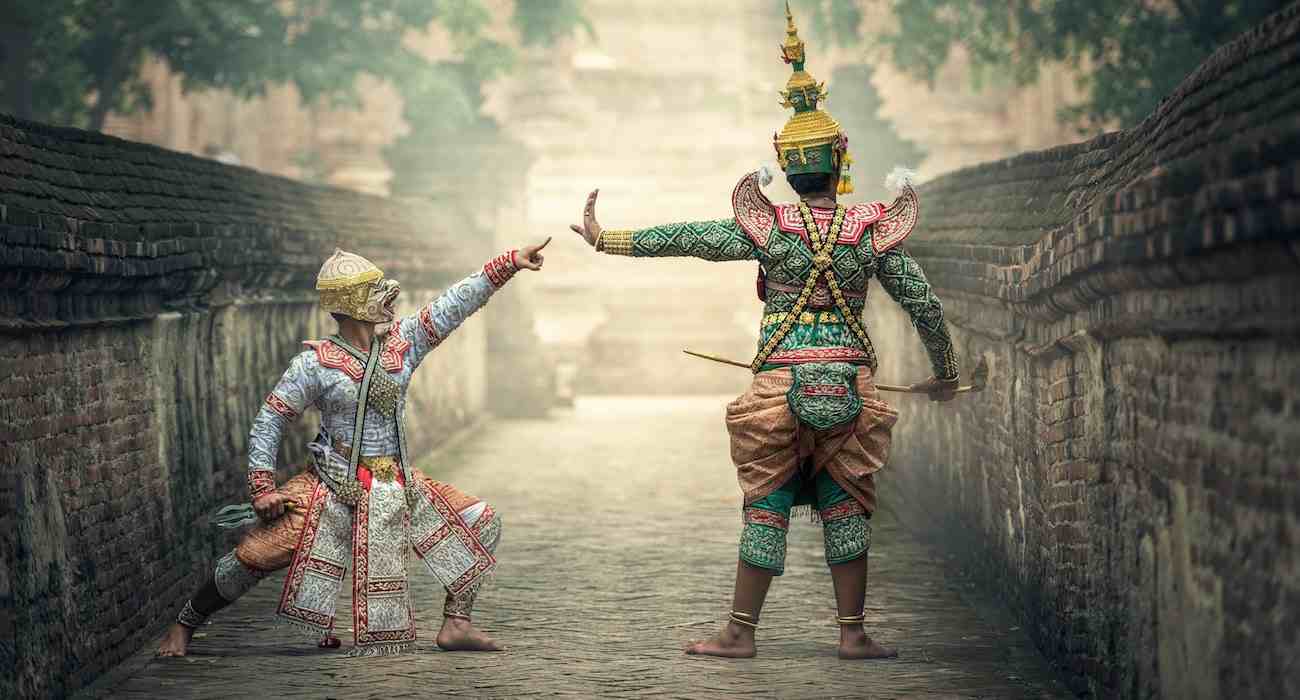Introduction
The world is well known for Kashmir's vibrant and intriguing culture. The height of Kashmiri culture is highly influenced by the people, the arts, crafts, theatre, literature, dances, music, and a host of other factors. Furthermore, because many cultures and religions coexist there, it is renowned for its diversity. The place has a magical vibe, and its rich history is the cherry on top. The term "Kashmiris" refers to the ethnically and linguistically diverse population of Kashmir. When you visit different regions of Kashmir, you can hear the Sanskrit dialect's influence in the native speech. Share your thoughts at the Write For Us Culture category.
Cuisine
Kashmiri cuisine is a fusion of Mughal, Muslim, and Kashmiri Pandit culinary traditions. Since the Dogras are Hindus, their diet consists primarily of rice, wheat, and beans. They consume a lot of veggies, but the hak or karam sag is the preferred dish. Mutton is a luxury food that is only eaten on special occasions in the villages but is consumed in huge numbers in the cities. Hindus are banned to eat beef. Kashmiri cuisine is mostly made of meat and is slow-cooked for a very long time with numerous unusual spices. Kashmiris detest the usage of alcoholic beverages while living in a cold country. Kahva, a traditional Kashmiri winter beverage, is a green tea flavoured with spices and almonds. After a Kashmiri dinner, Khava is served.
Language
The most common languages spoken in Kashmir are Kashmiri, Dogri, Ladakhi, Ladakhi, Purig, Tibetan, English, and Hindi. Kashmir's primary language is Kashmiri. Most Gujjars and Kashmiri Pandits speak Hindi. Dogras, or speakers of the Dogri language, are primarily found in the Duggar area and are also occasionally referred to as Pahari speakers. The majority of the Muslims in the area speak Urdu. For easier contact with tourists, businesspeople, shopkeepers, tour guides, and locals primarily speak English. Dogri, Kashmiri, Urdu, English, and Hindi are the official languages of Kashmir, according to a recent language bill enacted by the Lok Sabha.
Lifestyle
The folkways, mores, taboos, and traditions that the residents of a specific area uphold are known as norms. There are various customs relating to food, attire, ceremonies, etc. The main cuisine consumed by Kashmiris is rice. In addition, the majority of people have their own farms, which they use to raise their own chickens, cows, goats, and other farm animals for food as well as their own rice, vegetables, fruit, and other crops. People eat yoghurt, naan, Kulcha, and pink tea for breakfast in the Muzaffarabad region. 'Lobia daal chawaal' must be present in the food provided during ceremonies of any kind, including weddings and funerals. After meals, black tea (kehwa) and pink tea are required drinks.
The Bottom Line
Kashmir's cultural heritage is as diverse as the myriad environments that have nurtured and inspired it throughout history. The chaste glistening snow, with its virgin demeanour from head to toe, decorating the towering peaks of its mountainous periphery, conveniently suggests its sanctity and evergreen stature. Our babbling brooks, roaring waterfalls, and subdued, solemn lakes are kept in perpetual health by the sun's mellow kisses, which also cover these heights in a pink blush.








0 Comments